News in Brief
-
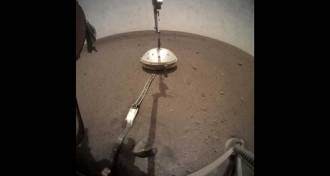 Planetary Science
Planetary ScienceNASA’s Mars InSight lander may have the first recording of a Marsquake
NASA’s InSight mission appears to have detected a Marsquake for the first time.
-
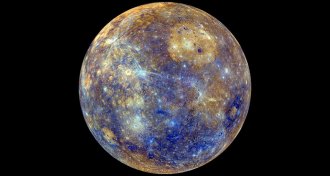 Planetary Science
Planetary ScienceMercury has a massive solid inner core
The distribution of Mercury’s mass and small stutters in the planet’s spin suggest it has a giant solid inner core.
-
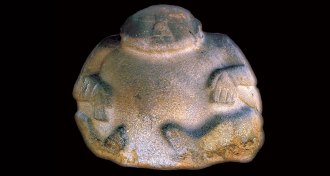 Archaeology
ArchaeologyAncient sculptors made magnetic figures from rocks struck by lightning
Carved ‘potbelly’ stone sculptures suggest people in what’s now Guatemala knew about magnetism more than 2,000 years ago.
By Bruce Bower -
 Health & Medicine
Health & Medicine‘Added sugar’ food labels may prevent heart disease and diabetes
Nutrition labeling changes that highlight sugar added to food or drink may have large benefits for public health, researchers say.
-
 Archaeology
ArchaeologyNewly translated Cherokee cave writings reveal sacred messages
Cherokee inscriptions highlight the tribe’s rituals nearly 200 years ago in what’s now a tourist cave in Alabama.
By Bruce Bower -
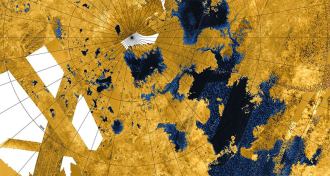 Planetary Science
Planetary ScienceSaturn’s moon Titan sports phantom hydrocarbon lakes
Three lakes on Saturn’s moon Titan have pulled a vanishing act, a study finds.
-
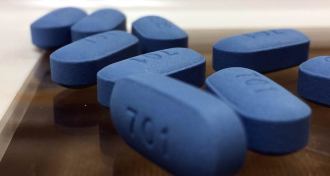 Genetics
GeneticsSome people may have genes that hamper a drug’s HIV protection
Newly discovered genetic variants could explain why an anti-HIV medication doesn’t protect everyone.
-
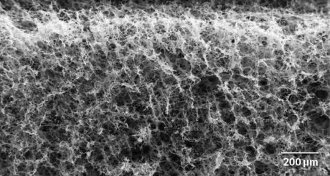 Materials Science
Materials ScienceA new graphene foam stays squishy at the coldest temperatures
Researchers have now made a material that is superelastic even at extremely cold temperatures, which could be helpful in space.
-
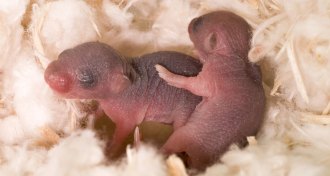 Genetics
GeneticsHow chemical exposure early in life is ‘like a ticking time bomb’
Some early life experiences can affect health, but only if unmasked by events in adulthood.
-
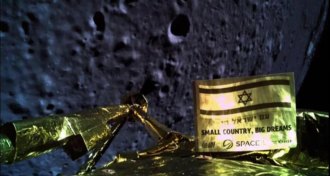 Planetary Science
Planetary ScienceIsrael’s first moon mission lost moments before landing
The spacecraft’s engine cut out just before it was to touch down in the Sea of Serenity.
-
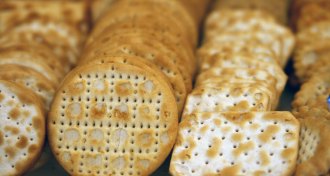 Health & Medicine
Health & MedicineA common food additive may make the flu vaccine less effective
A food preservative may impair the ability to fight the flu, a study in mice suggests.
-
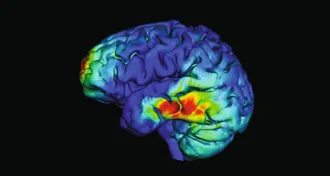 Health & Medicine
Health & MedicineWhen an older person’s brain waves are in sync, memory is boosted
A brain stimulation treatment that nudges older people’s brain waves into sync could lead to noninvasive therapies for dementia and other disorders.